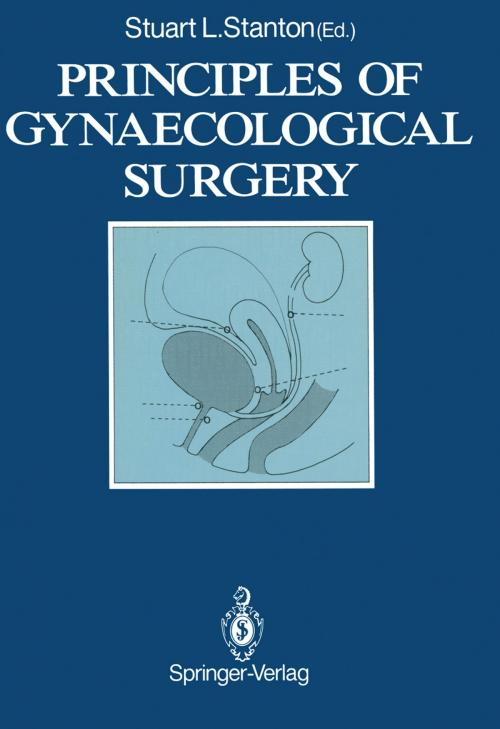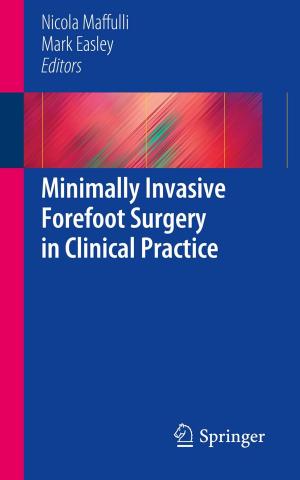Principles of Gynaecological Surgery
Nonfiction, Health & Well Being, Medical, Specialties, Orthopedics| Author: | ISBN: | 9781447114468 | |
| Publisher: | Springer London | Publication: | December 6, 2012 |
| Imprint: | Springer | Language: | English |
| Author: | |
| ISBN: | 9781447114468 |
| Publisher: | Springer London |
| Publication: | December 6, 2012 |
| Imprint: | Springer |
| Language: | English |
For a long time I have felt that the present gynaecological training for registrars lacked familiarisation and understanding of the basic principles of surgery. This is due to several factors. Firstly, the historical separation of gynaecology from general surgery which led to our development as an independent speciality (and which Victor Bonney foretold to our detriment when he opposed the formation of the College of Obstetricians and Gynaecologists as a separate body from the College of Surgeons). Secondly, a vast improvement in medical management of many gynaecological conditions has made surgical practice dull and an unquestioning daily routine with little or no surgical instruction for many junior staff. Thirdly, the arrival of subspecialisation has exacerbated this, as complicated surgery may be referred out by the general gynaecologist. Finally, the trend in further education towards writing an MD rather than taking an FRCS degree. The arguments for and against were set out in an editorial in the British Journal of Obstetrics and Gynaecology (1983), later taken to task in the ensuing correspondence. That editorial. together with the difficulty in finding up-to-date articles on surgical principles in one volume, were the catalysts for this book. With the help of colleagues from other disciplines, I have attempted to present recent advances side-by-side with modern-day gynaecological practice.
For a long time I have felt that the present gynaecological training for registrars lacked familiarisation and understanding of the basic principles of surgery. This is due to several factors. Firstly, the historical separation of gynaecology from general surgery which led to our development as an independent speciality (and which Victor Bonney foretold to our detriment when he opposed the formation of the College of Obstetricians and Gynaecologists as a separate body from the College of Surgeons). Secondly, a vast improvement in medical management of many gynaecological conditions has made surgical practice dull and an unquestioning daily routine with little or no surgical instruction for many junior staff. Thirdly, the arrival of subspecialisation has exacerbated this, as complicated surgery may be referred out by the general gynaecologist. Finally, the trend in further education towards writing an MD rather than taking an FRCS degree. The arguments for and against were set out in an editorial in the British Journal of Obstetrics and Gynaecology (1983), later taken to task in the ensuing correspondence. That editorial. together with the difficulty in finding up-to-date articles on surgical principles in one volume, were the catalysts for this book. With the help of colleagues from other disciplines, I have attempted to present recent advances side-by-side with modern-day gynaecological practice.















